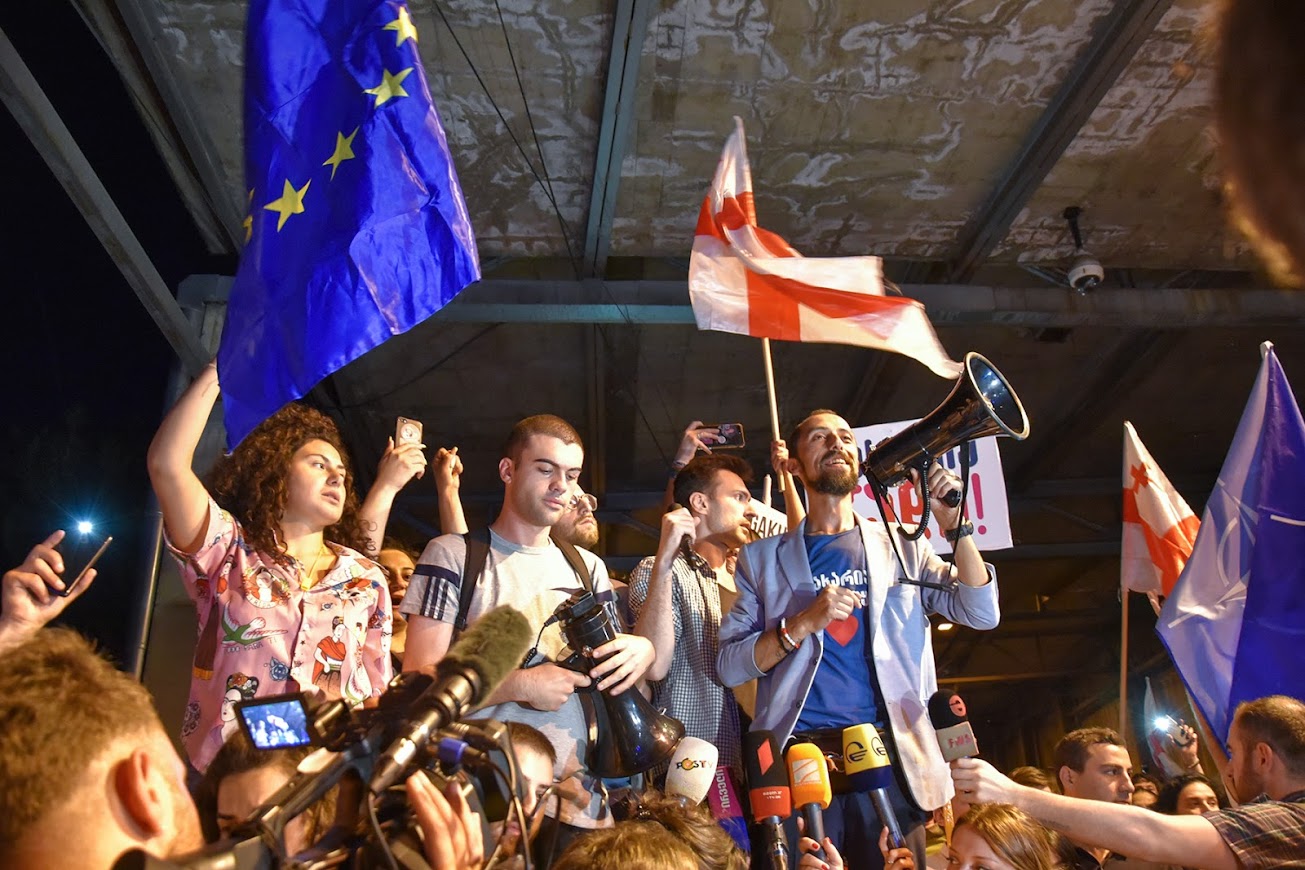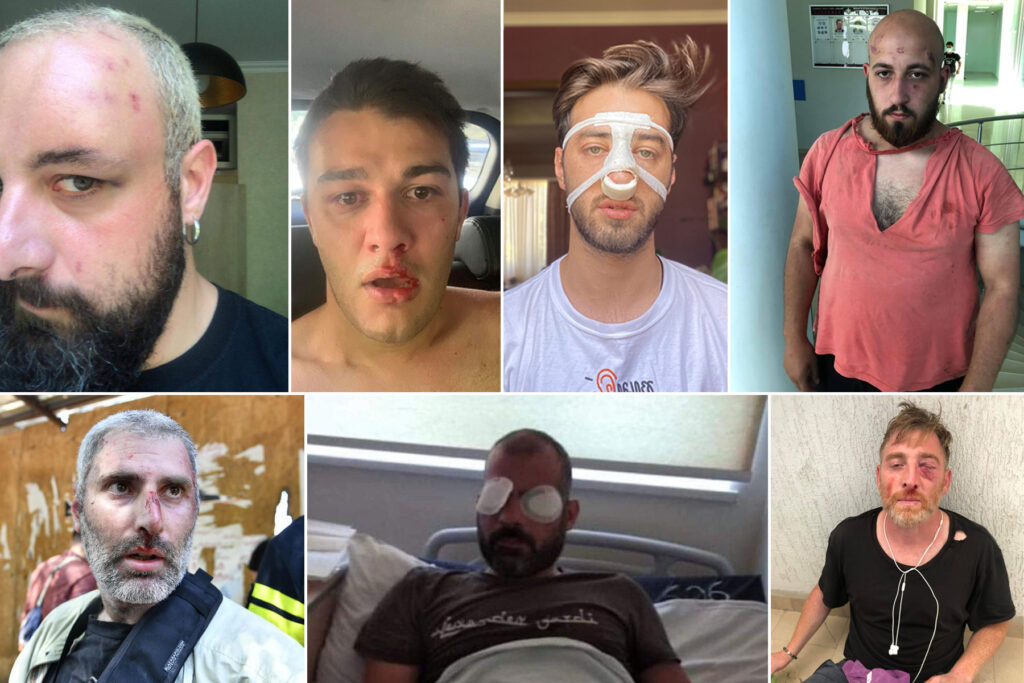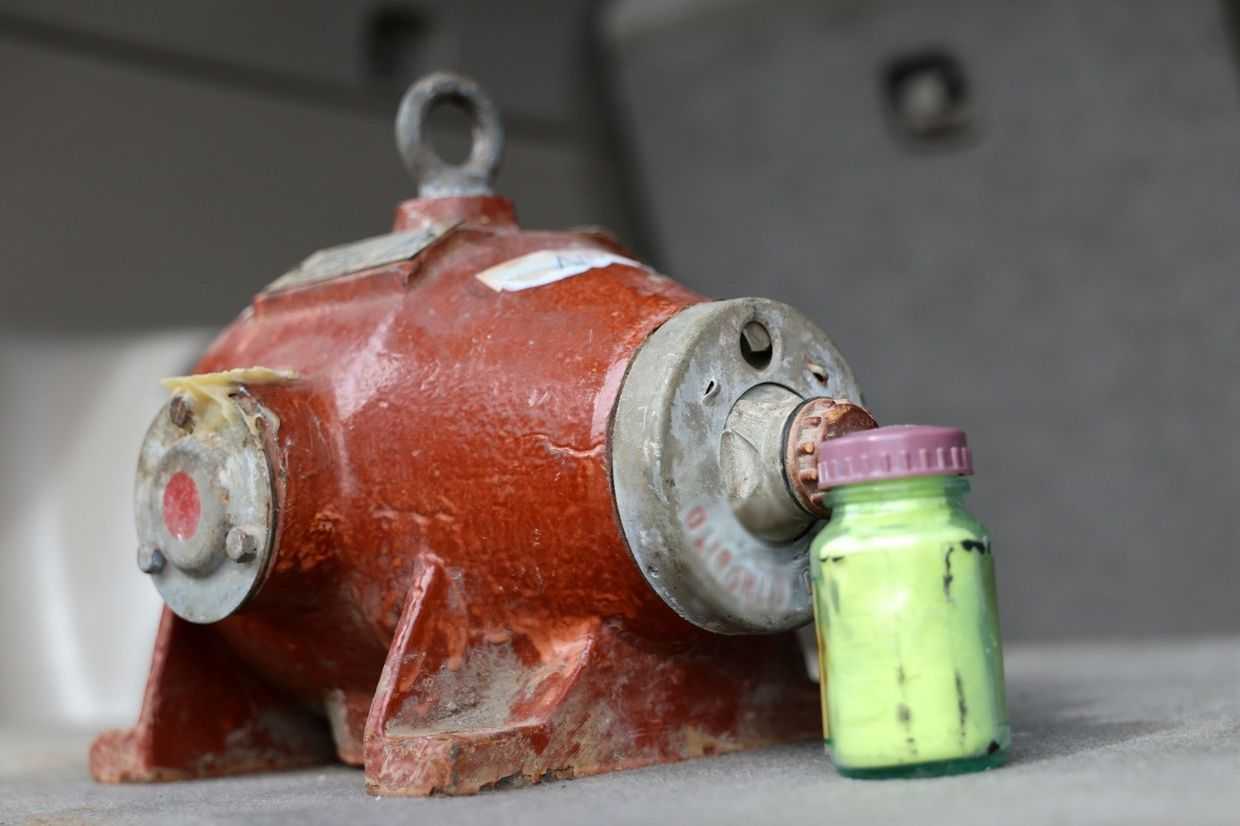
The chair of the ruling party in Georgia has rebuked the EU, Western media, and Western organisations supporting local non-profit groups, as he vowed to place civil society groups on a special ‘registry’ of ‘agents of foreign influence’.
Speaking in favour of a Russian-style foreign agent law on Wednesday evening, Irakli Kobakhidze berated the government’s local critics.
Since People’s Power, a spin-off group of Georgian Dream, tabled the Transparency of Foreign Influence draft law last week, Kobakhidze has arguably advocated for it more proactively than the bill’s authors. He has insisted there was a need for greater transparency over foreign money in Georgian politics.
[Read more on OC Media: Georgian president and journalists speak out against ‘Putin’s law’]
Kobakhidze also criticised what he called ‘mass censorship’ in Western news agencies, for their failure to publish articles commissioned by his party and their founder.
He alleged that several unnamed media outlets had turned down articles penned by billionaire former Prime Minister Bidzina Ivanisvhili criticising the Swiss Credit Suisse bank.
While insisting Ivanishvili has been out of politics since early 2021, leaders of the ruling party have repeatedly jumped to his defence over his private dispute with Credit Suisse. They have claimed the dispute was an attempt by a ‘global party of war’ to pressure Ivanishvili to return to politics and start a war with Russia.
On Wednesday, Kobakhidze alleged that Georgian Dream experienced similar ‘censorship’ from the European press in 2020, when they tried to publicise the government’s economic achievements.
‘It used to get blocked instantly […] this massive censorship in European media outlets is alarming’, Kobakhidze added.
‘They are financing polarisation’
In an Imedi interview on Wednesday, the Georgian Dream chair accused the Washington-based non-profit group the National Endowment for Democracy (NED) and the EU-supported European Endowment for Democracy (EED) of financially supporting ‘extremism and polarisation’ in Georgia.
Kobakhidze cited liberal activist group Shame and opposition party Droa as examples of ‘extremist’ groups they supported.

‘[Shame] is financed by the EED, which is an official agency of the EU […] On the one hand, they are telling you that your foremost task, goal is depolarisation; [On the other hand] they are financing polarisation […], financing an extremist organisation’, Kobakhidze complained.
Last June, the EU placed addressing political polarisation among the 12 priorities for Georgia before they would revisit its membership application.
‘EED is known in Georgia for [former EU ambassador to Georgia] Carl Harzel making them pay the bail of [UNM leader Nika] Melia’, Kobakhidze also claimed.
He alleged that EED financing Shame and Droa was an ‘extension’ of corruption within the EU, referring to the recent scandal in the European Parliament over alleged bribery of lawmakers by the Qatari and Morrocan governments.
‘When it comes to money from the Arabs, investigations are progressing quickly there. But, apparently, when the money flows from Georgian sources, the investigation is not as quick’, Kobakhidze noted without clarifying further.
He also rebuked NED and EED for supporting the Saving Rioni Valley group in what he described as undermining Georgia’s energy independence, and scolded Heidi Hautala, a Finnish Green MEP, for supporting their protest against the Namakhvani dam that was planned in western Georgia.
Agent 007 and ‘spies’
Earlier on 22 February, Kobakhidze promised the public would learn more about the finances behind the protests against Namakhvani after there would be a special ‘registry’ that would include ‘agents’.
He argued that the foreign agent law was not intended to limit free speech or anti-government protests.
‘What we like about it is that all this happens transparently […] the Georgian public will know that those organisations protesting against and blocking construction of the Namakhvani HPP are financed from this or that source.’
He complained that critics of the law were focused on how the law could curtail Western funding in Georgia, while such funding could in fact come from any direction.
While Kobakhidze mentioned pro-Russian extremist group Alt Info and the Kremlin-funded Yevgeny Primakov Georgian–Russian Public Centre, he did so only to compare them to Western-funded groups critical of the government — without elaborating on how they were similar in terms of financial transparency.
[Read more on OC Media: Irakli Kobakhidze: The face of Georgia’s turn from the West]

Kobakhidze has recently insisted that labelling foreign-funded non-profit groups in Georgia ‘agents’ would not be used to smear them as ‘spies’.
Citing the James Bond franchise as evidence on Wednesday, Georgian Dream’s chair argued that in the US, ‘agents’ usually referred to ‘spies’ but added that the Georgian case would be different. Nevertheless, while ruminating about ‘agents’ in Georgia, he made little effort to convince critics.
‘Being an agent is the heaviest lot ever because when you’re an agent, you have to go against your country, your homeland […] Being a spy means you’re entirely enslaved. In their essence, a spy, an agent is a slave’, Kobakhidze claimed in his interview with Imedi.
Criticism of the Georgian foreign agent draft law has continued to pour in. On Wednesday, both the Berlin-based anti-corruption group Transparency International, which has over 100 national chapters, including in Georgia, and the media freedom advocacy network the International Press Institute called on the Georgian parliamentary majority to reject the draft legislation.
A day earlier, RFE/RL quoted Josep Borrell, the EU’s High Representative for Foreign Affairs, as calling the bill ‘alarming’.
The controversial bill is pending parliamentary committee hearings.









